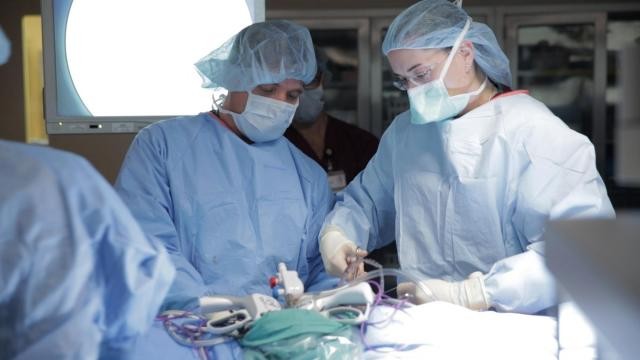Regenerative repair of damaged organs may become a thing of the future, thanks to a new drug discovered by Chinese scientists.
Researchers from the Xiamen University's School of Life Sciences and the Peking University identified the drug XMU-MP-1 as being able to promote the regeneration and repair of tissues like the intestines, the liver, and the skin, Xinhua reported.
According to lead researcher Thou Dang, their analysis showed that the drug was able to inhibit the activities of the MST1/2 molecule in the Hippo pathway. The particular molecule and pathway control organ size.
Thou added that the drug proved effective in promoting new cell growth in mouse models of four different acute and chronic injuries. These included acetaminophen-induced injuries, which have been linked as a major cause of liver failure.
The researcher said that his team has already applied for a patent and is coordinating with several pharmaceutical companies for the mass production of the drug. He said that in the future, the medication could lessen the need for expensive biomaterials and cell therapies, as well as organ transplantation.
Organ donation and transplantation have become a highly controversial topic in China recently, with international health experts urging it to be more open with its organ harvesting practices, the South China Morning Post reported.
The country has been heavily criticized for allegedly using organs harvested from executed prisoners, a practice that is considered as highly unethical by the Transplantation Society, an affiliate of the World Health Organization. Chinese health officials have stressed that they have already stopped the practice since 2015.
China's organ transplant cases have also significantly grown, according to the data provided by the country's health experts. In 2015, there were 2,766 cases involving a staggering 7,785 organs. Experts estimate that it will grow to more than 4,000 cases by the end of this year.



























